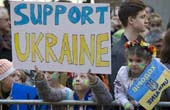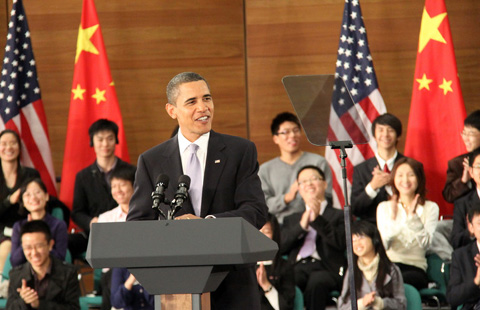US jury orders Samsung to pay Apple $120m
(Agencies) Updated: 2014-05-03 15:30
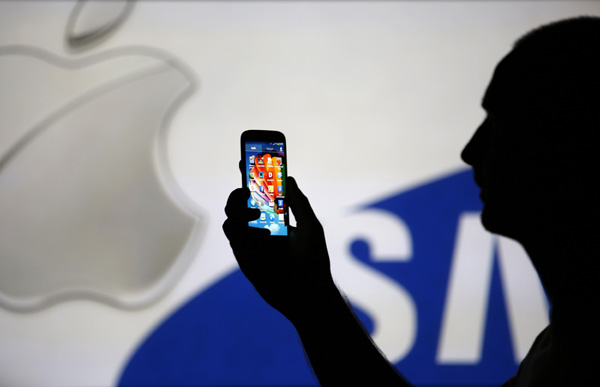 |
|
A man is silhouetted against a video screen with Apple and Samsung logos as he poses with a Samsung S4 smartphone in the central Bosnian town of Zenica, in this August 14, 2013 file photo. [Photo/Agencies] |
SAN JOSE - A US jury on Friday ordered Samsung Electronics Co Ltd to pay $119.6 million to Apple Inc, far less than Apple had sought and marking a big loss for the iPhone maker in the latest round of their globe-spanning mobile patent litigation.
During the month-long trial in a San Jose, California, federal court, Apple accused Samsung of violating patents on smartphone features including universal search, while Samsung denied wrongdoing. On Friday, the jury found the South Korean smartphone maker had infringed two Apple patents.
|
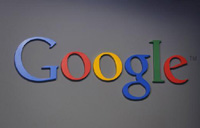
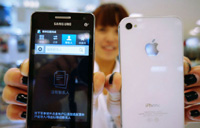 Samsung-Apple battle enters second round |
Apple and Samsung have been litigating around the world for three years. Jurors awarded the iPhone maker about $930 million after a 2012 trial in San Jose, but Apple failed to persuade US District Judge Lucy Koh to issue a permanent injunction against the sale of Samsung phones in the United States.
Some industry observers see the ongoing legal dispute as an attempt by Apple to curtail the rapid growth of phones based on Google Inc's rival Android software. Samsung was by far the largest adopter of the operating platform.
"Though this verdict is large by normal standards, it is hard to view this outcome as much of a victory for Apple. This amount is less than 10 percent of the amount Apple requested, and probably doesn't surpass by too much the amount Apple spent litigating this case," said Brian Love, assistant professor at the Santa Clara University School of Law.
"Apple launched this litigation campaign years ago with aspirations of slowing the meteoric rise of Android phone manufacturers. It has so far failed to do so, and this case won't get it any closer."
The current case involves five Apple patents that were not in the 2012 trial and that cover iPhone features such as slide-to-unlock and search technology. Apple is seeking to ban sales of several Samsung phones, including the Galaxy S III, and sought just over $2 billion in damages.
It will now be up to Judge Koh to decide whether a sales ban is warranted, though legal experts deem that unlikely.
"An injunction is extremely unlikely," argued Michael Carrier, a professor at Rutgers Law School. "The Federal Circuit sets a high bar."
Responding to the verdict, Apple said the ruling reinforced its stance that "Samsung willfully stole our ideas and copied our products."
Samsung representatives were not immediately available for comment.








